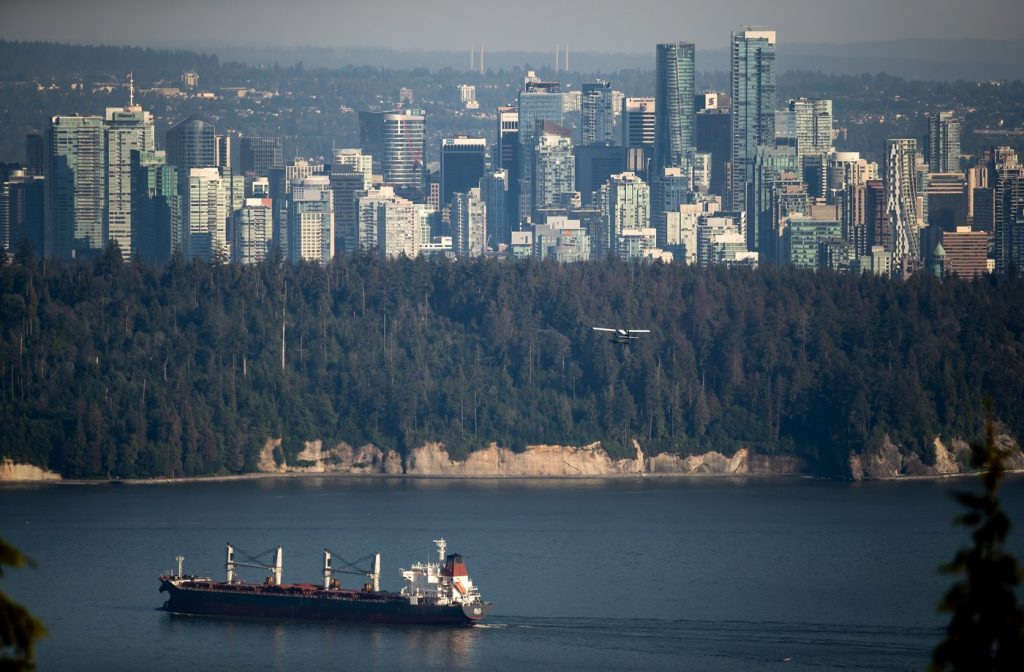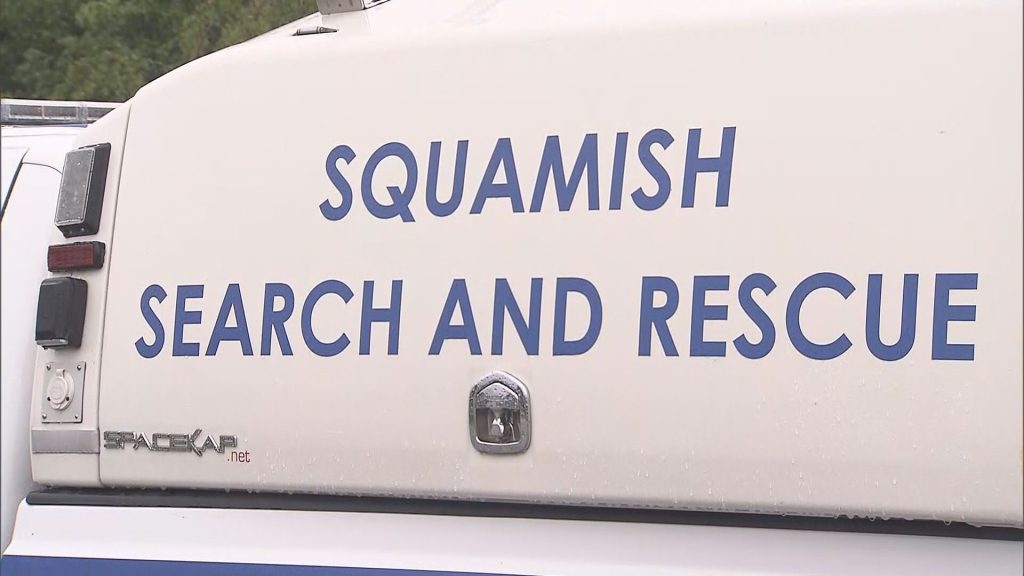With more and more Canadians sidestepping travel to the U.S., tourism appears to be booming on this side of the border.
However, that’s leading to expensive accommodations and harder-to-come-by car rentals.
Destination Vancouver CEO and president Royce Chwin tells 1130 NewsRadio the summer is shaping up to be strong this year, but it’s too early to say if it’ll be a record-breaker.
He says several big conferences, a busy cruise ship season, and an influx of visitors are coming from around the province, across the country, and overseas, including the UK, Australia, Germany, Mexico, and the U.S.
“One of the things that we continue to focus on is, despite the noise, despite the rhetoric, we’re going to continue with our plan because we do know that we target customers who are interested in coming to Canada, who are interested in coming to Vancouver,” he explained. “Generally, what we continue to see is the message is well received because it is the underlying value of tourism, and that is welcoming others to your place.”
He says that as the industry looks ahead to the coming months, things are shaping up to be pretty good.
“We still need to get into August. We still need to get into September. We still need to get into the front-end of October, so we would classify that as part of the summer season of travel. The forward bookings, so we’re able to see airfare bookings into those months, are still net positive, but we need to see if they come to fruition. Given the volatility, given the pricing, given what’s going on geopolitically, that could still impact consumers’ decisions to travel.”
Chwin admits tensions over an ongoing battle about tariffs, the trade war, and an unstable economy being out of their control have led to some concerns, but it’s not all bad news.
“We know anecdotally, listening to travellers from around the world who are delighted to have come to Vancouver, in particular Americans that say, ‘Thank you for making us feel welcomed for being here. We’re glad we came up, and we were going to visit Canada despite what was happening anyway,’” he said.
“The U.S. market, overall, over the course of the year, makes up about 24 per cent of overall out-of-country visitation, driving about 28 per cent of the overall visitor economy spend for Vancouver. It is the biggest market. You can’t replace the U.S.”
With more people coming here, hotel prices are up, but Chwin says that’s just “par for the course,” adding they go up when demand peaks.
He believes the real issue is the lack of available hotel space in the city.
“Some of the formative work we’ve been doing is trying to increase hotel capacity, improve the policy, and speed up development for new hotels in Vancouver because we are underserved. We have the same amount of hotels today as we did in 2002,” he explained.
“We know for sure that our competition has outbuilt us, has more properties, and we need to self-correct this. We allowed this to happen, and we’re about a decade-and-a-half behind. I’m pleased to report that we started about 18 months ago on this work. We had about nine hotels in the pipeline for development; today, we’ve got 23 for consideration. Are they going to get built tomorrow? No. Over the next five, six, seven, eight years, yes.”
Chwin warns that if Vancouver doesn’t build up soon, the city will lose business to other nearby hot spots.
“Seattle was able to spec, build, and open up a 1,300-room conference hotel by the convention centre in just over three years. So, we need to get moving.”
Related:
The BC Hotel Association did not grant 1130 NewsRadio an interview, but in a statement, says occupancy across the province in July is just over 80 per cent.
“Vancouver has seen a minor decrease compared to other major centres, mostly based on a light decrease in cruise ship traffic. Anecdotally, hotels are seeing continued U.S. visitation, and information from Destination Canada tells us that interest in Canada from the U.S. is up compared to previous years,” it shared.
“All in all, we are seeing results very closely aligned with our forecasts. Comparing July 2024 to 2025, on average, across the province, we are seeing a 1 per cent growth in occupancy.”
The organization was asked about increased pricing, but did not comment.
In the meantime, car rentals may also be hard to book.
“Enterprise Mobility brands — Enterprise Rent-A-Car, National Car Rental and Alamo — are continuing to experience strong demand for the busy summer travel season. Reserving a vehicle as early as possible for future travel continues to be critical,” Enterprise said in a statement to 1130 NewsRadio.
It adds that if you can’t get a booking, check back another time or be more flexible with your dates and branches where you can pick up a car.





